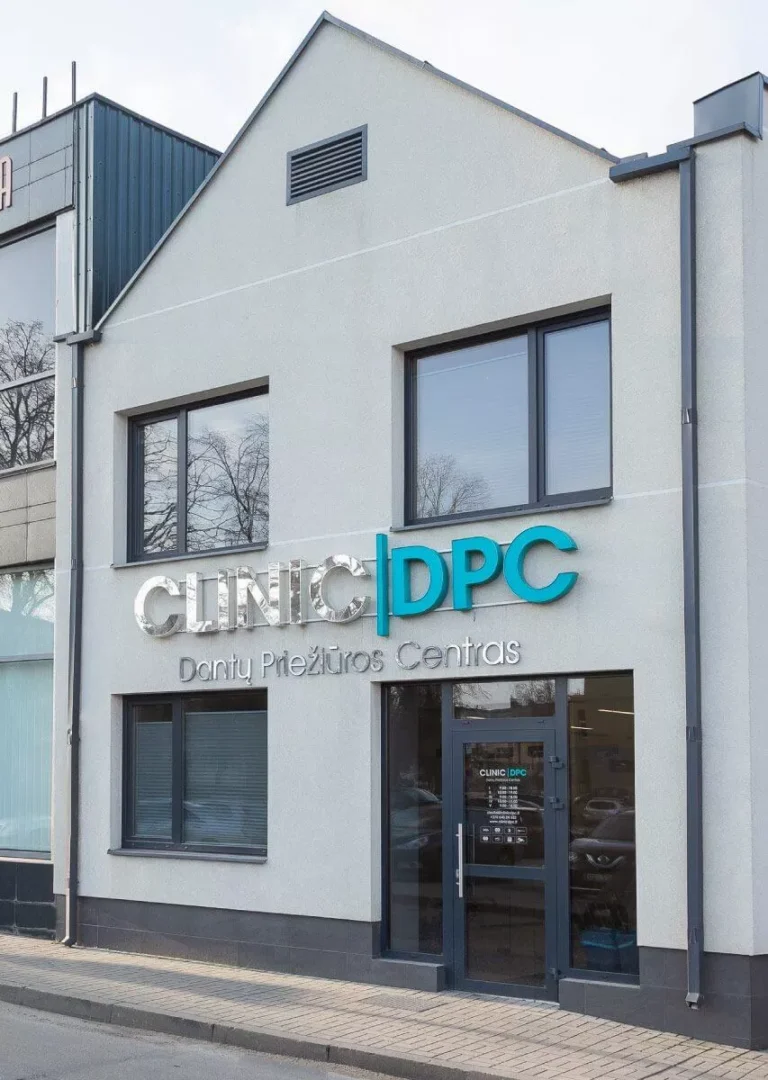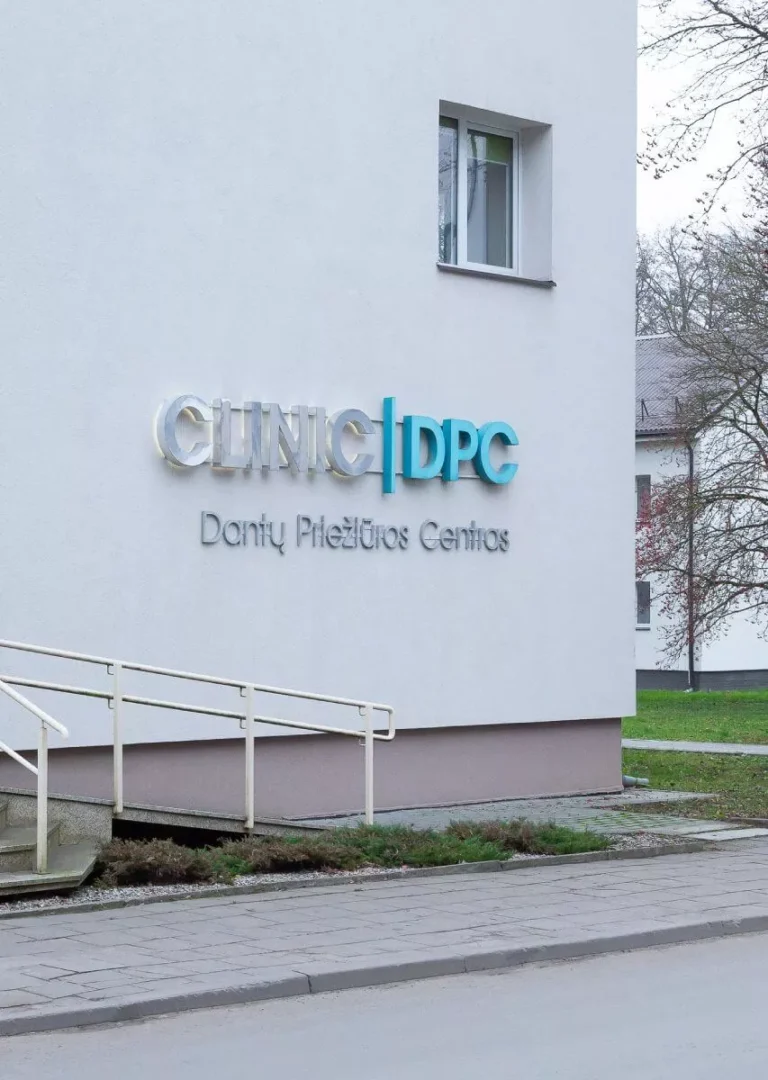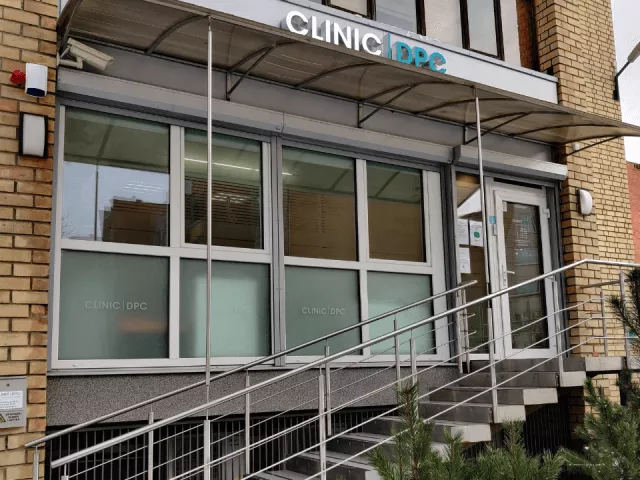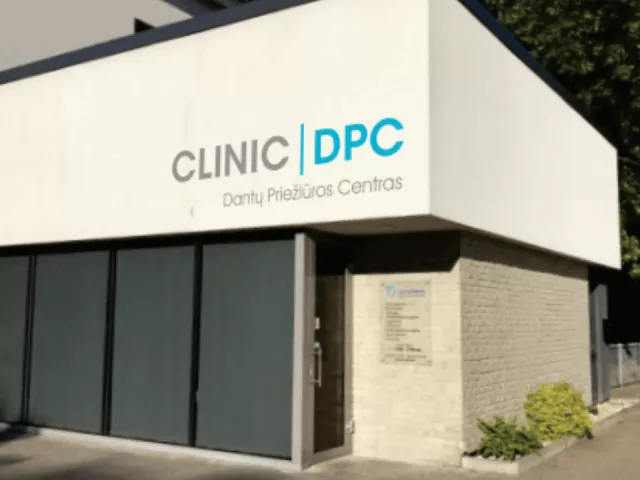Treatment usually does not cause discomfort, as endodontic treatment is performed under local anesthesia. In most cases, the tooth may be sensitive for a few days following the treatment. If necessary, anti-inflammatory pain relievers can help alleviate the pain.
Frequently Asked Questions
-
01
Is endodontic treatment painful? Is there pain after endodontic treatment?
-
02
What is the duration of endodontic treatment?
The duration of the treatment usually depends on the clinical condition of the patient. The length and number of visits depend on the complexity of the treatment. A single visit typically lasts about 1 to 1.5 hours.
Pay in installments 0%
We offer our patients the possibility of financing their treatment in a quick and simple way, in the form of convenient installments 0%.
Still have questions?
Whether you have questions about procedure, waiting time or compatibility with your insurance - call us and we will help you!
Root Canal Treatment is performed at these clinics:
-
 Vilnius ClinicMindaugo g. 14 , Vilnius
Vilnius ClinicMindaugo g. 14 , Vilnius -
 Kaunas Clinic SavanoriaiSavanorių pr. 314 A
Kaunas Clinic SavanoriaiSavanorių pr. 314 A -
 Klaipėda ClinicH.Manto g.3 / Vytauto g. 28
Klaipėda ClinicH.Manto g.3 / Vytauto g. 28 -
 Šiauliai ClinicRūdės g. 17
Šiauliai ClinicRūdės g. 17 -
 Mažeikiai ClinicNaftininkų g. 5-22A
Mažeikiai ClinicNaftininkų g. 5-22A -
 Alytus ClinicPulko g. 5
Alytus ClinicPulko g. 5 -
 Utena ClinicAušros g. 14
Utena ClinicAušros g. 14 -
 Anykščiai ClinicŠaltupio g. 1
Anykščiai ClinicŠaltupio g. 1 -
 Jurbarkas ClinicVytauto Didžiojo g. 5B
Jurbarkas ClinicVytauto Didžiojo g. 5B -
 Raseiniai ClinicVaižganto g. 1-3
Raseiniai ClinicVaižganto g. 1-3 -
 Panevėžys ClinicAukštaičių g. 80-5
Panevėžys ClinicAukštaičių g. 80-5 -
 Kėdainiai ClinicJ. Basanavičiaus g. 55A
Kėdainiai ClinicJ. Basanavičiaus g. 55A














Root canal treatment, also known as endodontic therapy, is performed when the inner part of the tooth (the pulp) is damaged or infected due to deep decay, trauma, or other causes. The pulp consists of nerves, blood vessels, and soft tissues, which can become inflamed or infected, leading to pain or an abscess. The goal of root canal treatment is to clean out the damaged or infected tissue from the root canals, disinfect them, and fill them with a special material to protect the tooth from further infection.